Amateur finds a 6000-year-old Neolithic axe

Man walking with a dog found a 6000-year-old Neolithic axe in Tiddington, Warwickshire, central England.

Man walking with a dog found a 6000-year-old Neolithic axe in Tiddington, Warwickshire, central England.
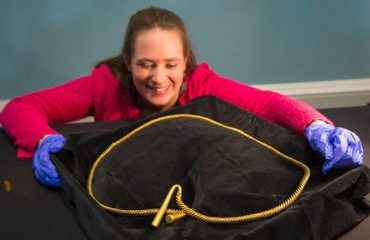
According to the Portable Antiquities Scheme annual report launched at the British Museum, over 82000 discoveries were made by members of the public, mostly by people who were metal-detecting, in the United Kingdom.
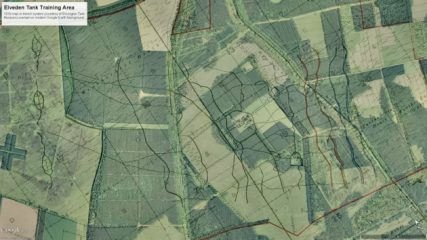
Researchers conducted a project to reveal and document the military history of the rural region of South Norfolk, East United Kingdom, which played a pivotal role in military actions during the world wars.
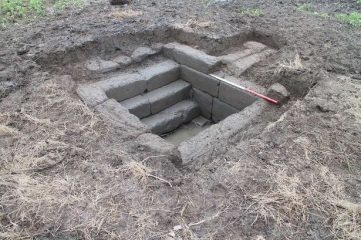
Archaeologists revealed a Medieval holy well, that was said to heal eye diseases and wash away sins, at Rainhill, East of Liverpool, United Kingdom.

Excavations within a quarry at Woodsford near Dorset, United Kingdom, revealed a Roman Age burial. The male individual was buried inside a stone sarcophagus with his feet bent backwards.

Excavations at Chelmsford, Essex, East England, revealed a post-medieval lime kiln at a sight scheduled for future housing development.
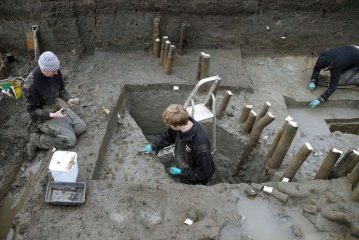
Fire inspectors aiding excavations of the Bronze Age village of Must Farm in the marshlands of eastern England that burned down 3000 years ago state that the fire might have been set on purpose, possibly in a raid by a hostile group of warriors.
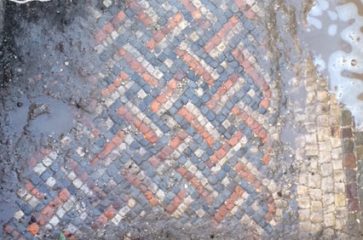
Unparalleled remains of a Roman villa were found under modern English garden in the county of Wiltshire.
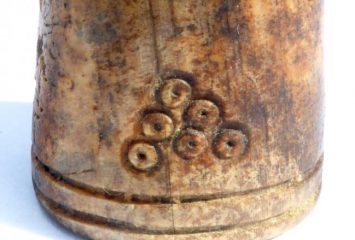
In a recent dig at Wallinford Museum a small medieval Arabic chess piece was discovered.
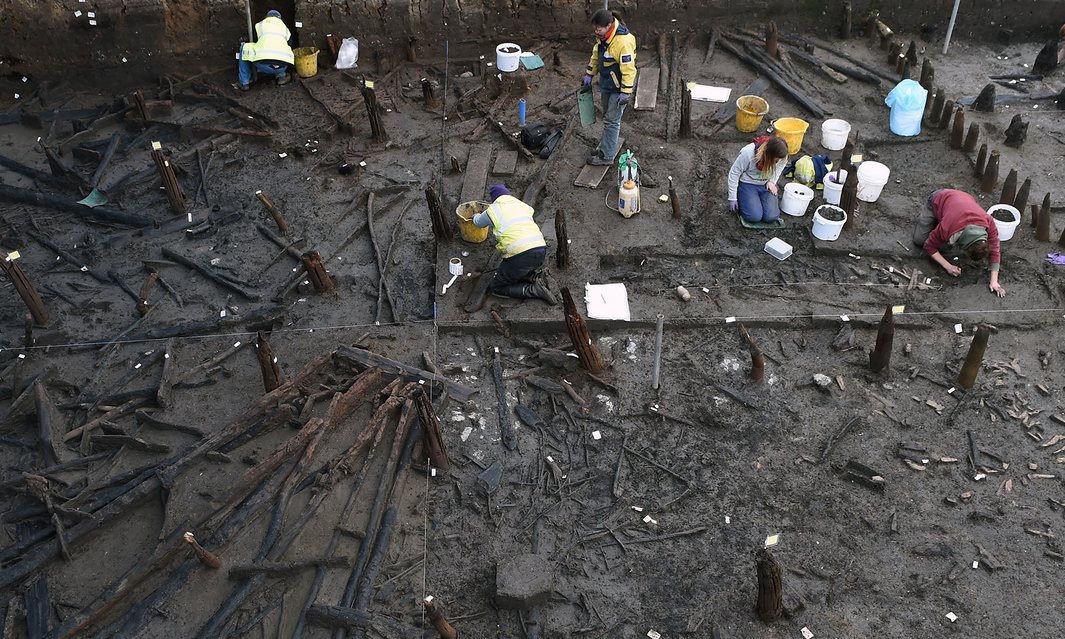
Excavations at the Must Farm, on the outskirts of Peterborough (East England) led to a discovery of largest and most perfectly preserved bronze age wheel ever discovered in the UK.